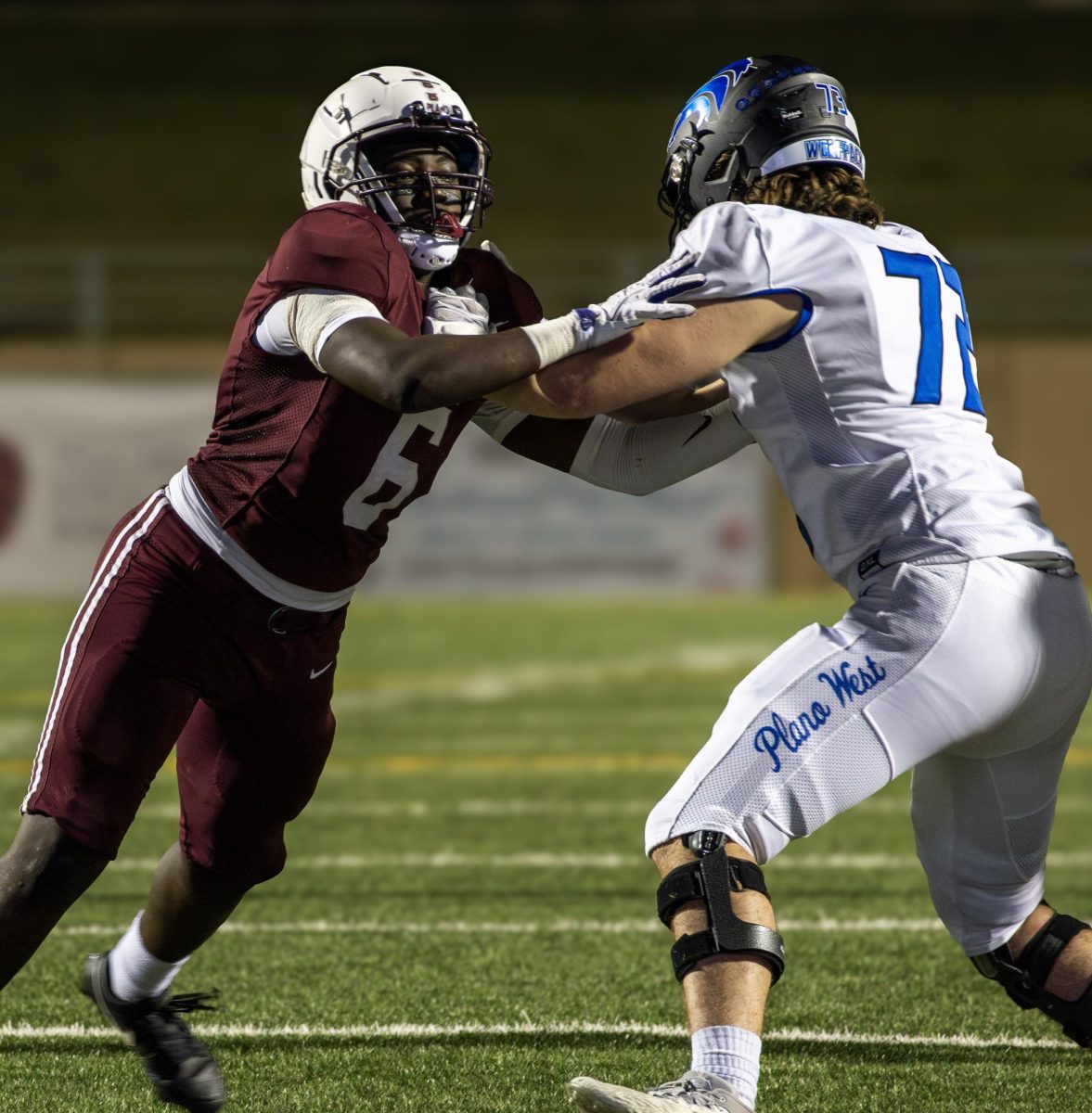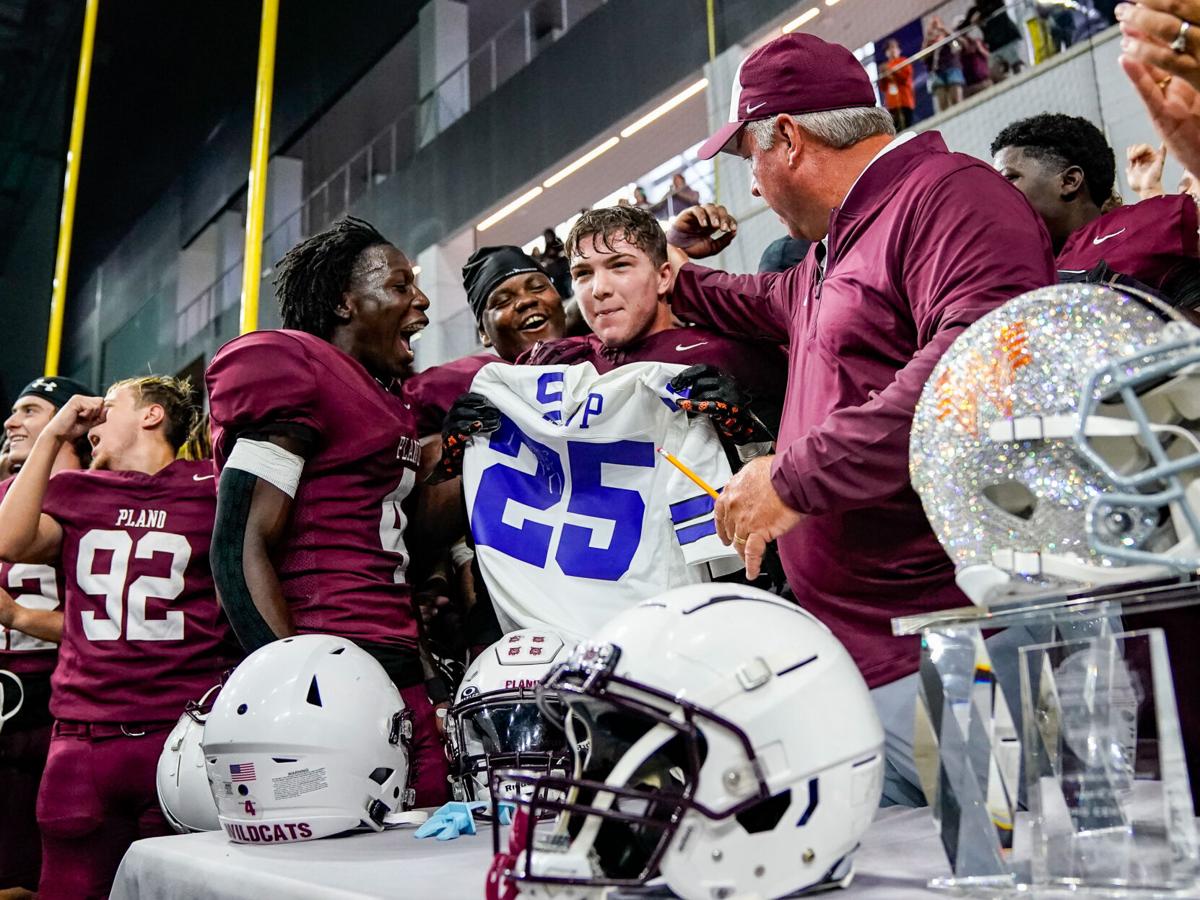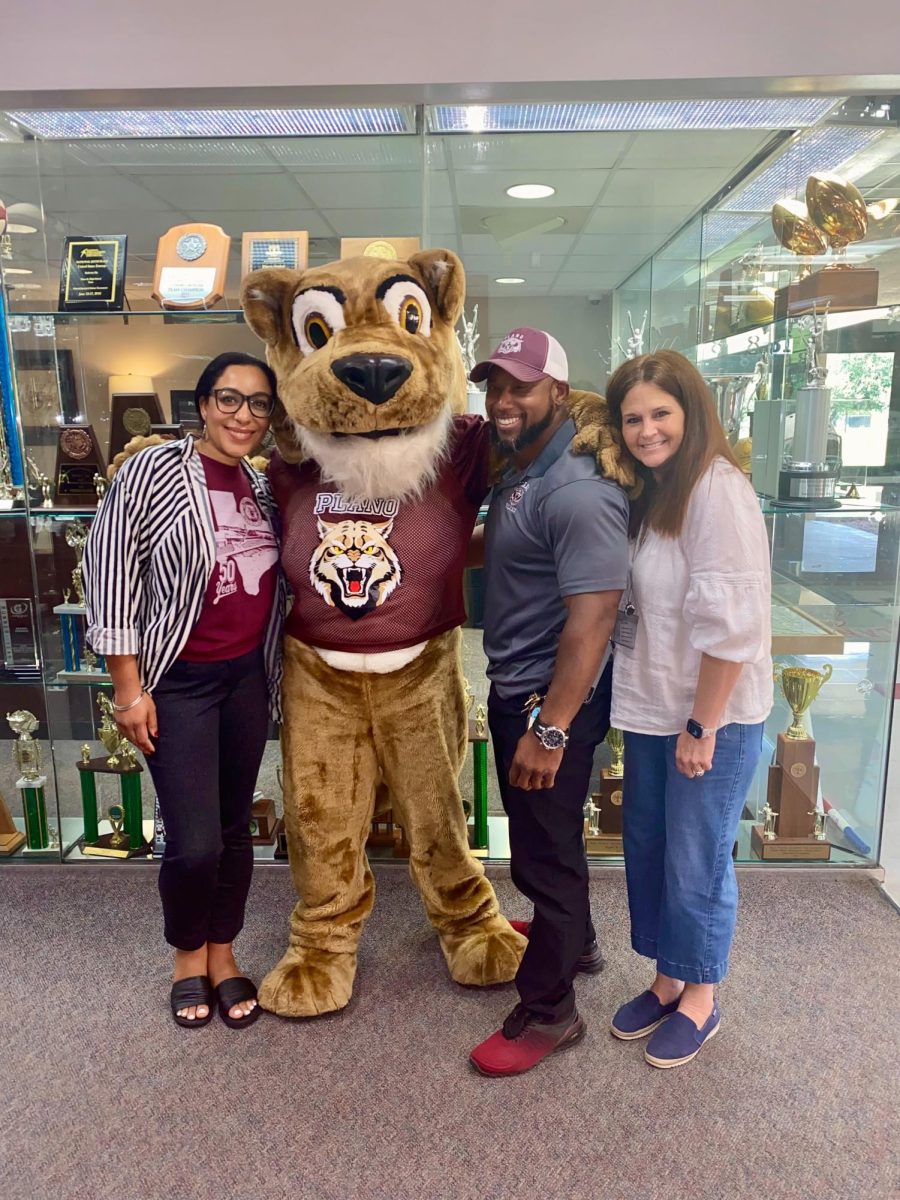Beliefs don’t just define people – they can divide them. With nearly 2600 students, it would be close to impossible to have every student believe in the same thing. While one student has seen the change of ideas from opposite sides of the country, another has spent her adolescence trying to bring together people with her state of mind. The student body comes from different backgrounds, and with 2600 different opinions, lines can be drawn.
Senior Nikhil Jaisinghani is Hindu or believes in the “Religion of the Vedas.” Although Hinduism includes many beliefs, its main focus is following dharma.
“Dharma has such a broad range of meanings,” Jaisinghani said. “It literally means ‘that which supports or sustains’, and it has the same origin as the Sanskrit word for root. So dharma is like the root which sustains everything.”
Jaisinghani believes it is hard for people to understand all of the beliefs of Hinduism because they are so different from more popular belief systems in the United States. Unlike Judaism, Christianity or Islam, Hinduism can be followed using a combination of other religious beliefs.
“According to us, you can follow any religion and still follow dharma,” Jaisinghani said. “Because dharma can mean righteousness, it can mean religion; it can mean law. There’s a wide variety of meanings out there for the word Dharma.”
Jaisinghani, along with other Hindus, does not identify with “religious denominations that divide them.” Although Hindus have different ideas of what God might look like, their path to God is the same.
“Dharma is a concept that transcends human boundaries of religion, sect, denomination, whatever,” Jaisingnhani said. “You can still be a righteous person without necessarily believing in the same form of God as another person. Hinduism is not an organized religion. People are allowed to choose their own path to God.”
According to Jaisinghani, attending another religious place of worship is allowed. He says some orthodoxies of Hinduism may disagree, but most accept it. He attended Catholic school while living in Connecticut, and he has been to other Christian churches as well. While he has never attended a school-functioned Bible study, he went to Bible study while living in Connecticut.
“I’m pretty comfortable with what I believe,” Jaisinghani said. “Sure, I’ve had some philosophical influence from Abrahamic faiths, but I think that’s kind of a given considering we live in America, which is a majority-Christian country.”
Hindus are not required to have strong commitments to study their beliefs. However, they do try to be knowledgeable of Hindu beliefs.
“They have two large bodies. First there is the Vedas scriptures,” Jaisinghani said. “Vedas means knowledge. Vedas scriptures are the scriptures that we believe have existed since time eternal.”
While there are fewer Hindus here than those of some other religions, the fact that they are allowed to follow other religious beliefs as well allows them to mix well with others. Jaisinghani said he is not separated by his religious views.
Junior Bushra Pathan is Muslim. She is proud of her religion and stands by her beliefs. Like many religious students, she is drawn to ideas of an afterlife.
“I’m glad I’m Muslim, because we’ve been told that we will go to heaven,” Pathan said. “All Muslims will go to heaven. I’m glad to know that. Yes, one day, even after I go through all the sins I’ve committed.”
While Jaisinghani believes the separation between his religion and others is based on a lack of understanding, Bushra’s views go deeper. The root of the separation is within their religious practices.
“I feel like we actually try to follow what we’ve learned about our religion,” Pathan said. “What we have been told. What we know about it. How to make it part of our lives, and how to have a day-to-day basis in the Muslim faith.”
According to Pathan, students are less likely to look for a specific type of friend in a school of such great diversity.
“A lot of my friends are Muslim,” Pathan said. “We get along with each other more, we understand each other more.”
While at Jasper High School, Pathan was co-president of Jasper Club for Muslim Student Association – a Muslim organization for prayer and worship at school. What Jaisinghani and Pathan both have in common is a sense of pride in their faith. They want to share it among their schools, and have others understand it just as much as they do.
“I would love to make non-Muslim friends,” Pathan said. “Then it’s different and you can also learn about each other in different ways, tell each other about your religion, spread the word.”
However, for Pathan, religion is not the most important aspect of those she surrounds herself with.
“When I make a friend, I don’t usually look for them to be Muslim,” Pathan said. “I look for them as being a friend first.”






